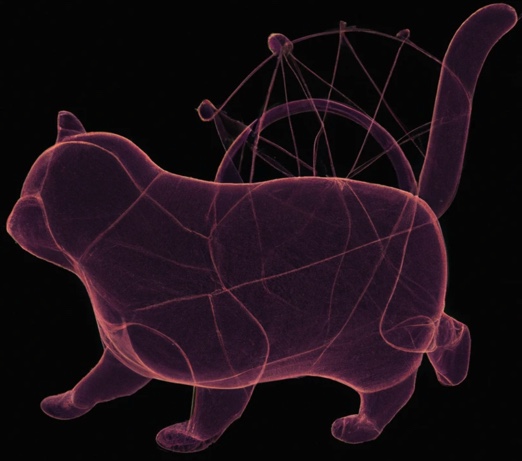AdaCat: Adaptive Categorical Discretization for Autoregressive Models
Autoregressive generative models can estimate complex continuous data distributions, like trajectory rollouts in an RL environment, image intensities, and audio. Most state-of-the-art models discretize continuous data into several bins and use categorical distributions over the bins to approximate the continuous data distribution. The advantage is that the categorical distribution can easily express multiple modes and are straightforward to optimize. However, such approximation cannot express sharp changes in density without using significantly more bins, making it parameter inefficient. We propose an efficient, expressive, multimodal parameterization called Adaptive Categorical Discretization (AdaCat). AdaCat discretizes each dimension of an autoregressive model adaptively, which allows the model to allocate density to fine intervals of interest, improving parameter efficiency. AdaCat generalizes both categoricals and quantile-based regression. AdaCat is a simple add-on to any discretization-based distribution estimator. In experiments, AdaCat improves density estimation for real-world tabular data, images, audio, and trajectories, and improves planning in model-based offline RL.
PDF Abstract


 D4RL
D4RL
 LJSpeech
LJSpeech